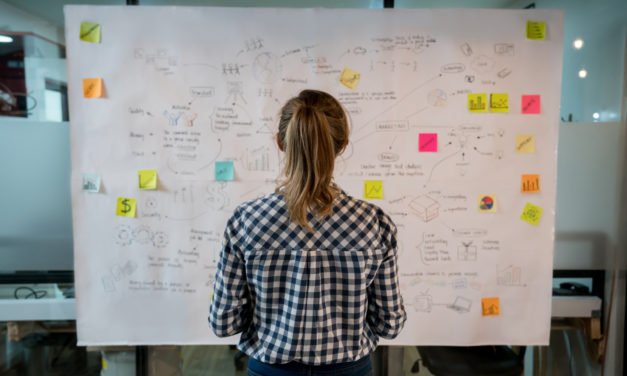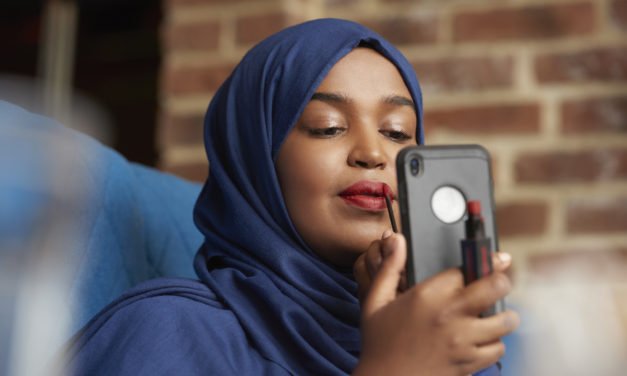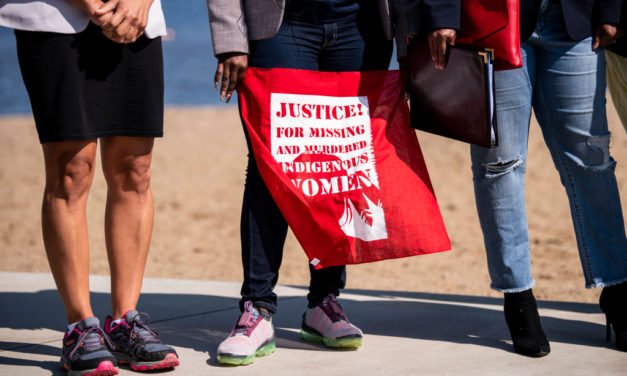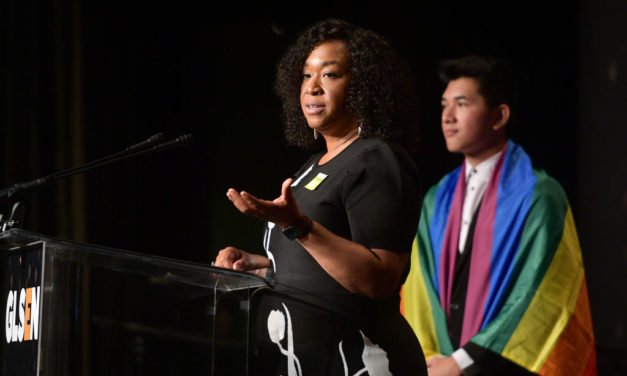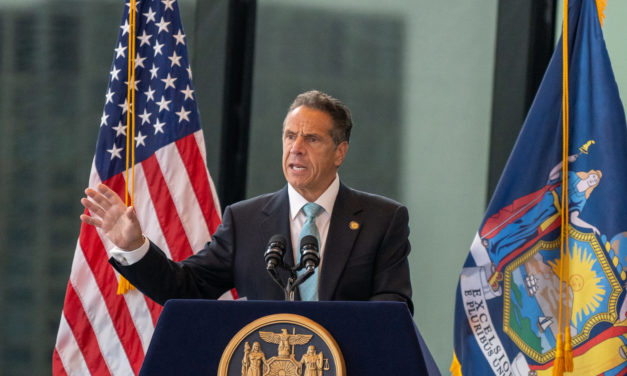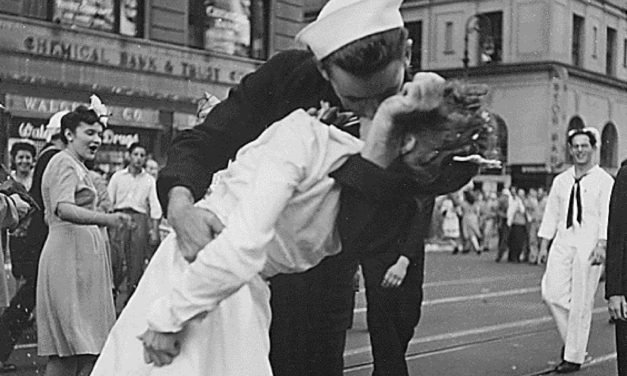By Whose Standards: A Look Back
Over the last four months, we’ve been asking the question, “By whose standards?” to begin unpacking the fraught relationship between organizational inertia — how things have always been done — and equity-centered momentum — how we imagine things could be. Equity and justice will not come easy, as the systems in place that enforce and uphold fundamentally inequitable, unjust standards are deeply entrenched in our societal norms. Deeply entrenched, though, is not the same as permanent.
Read More
